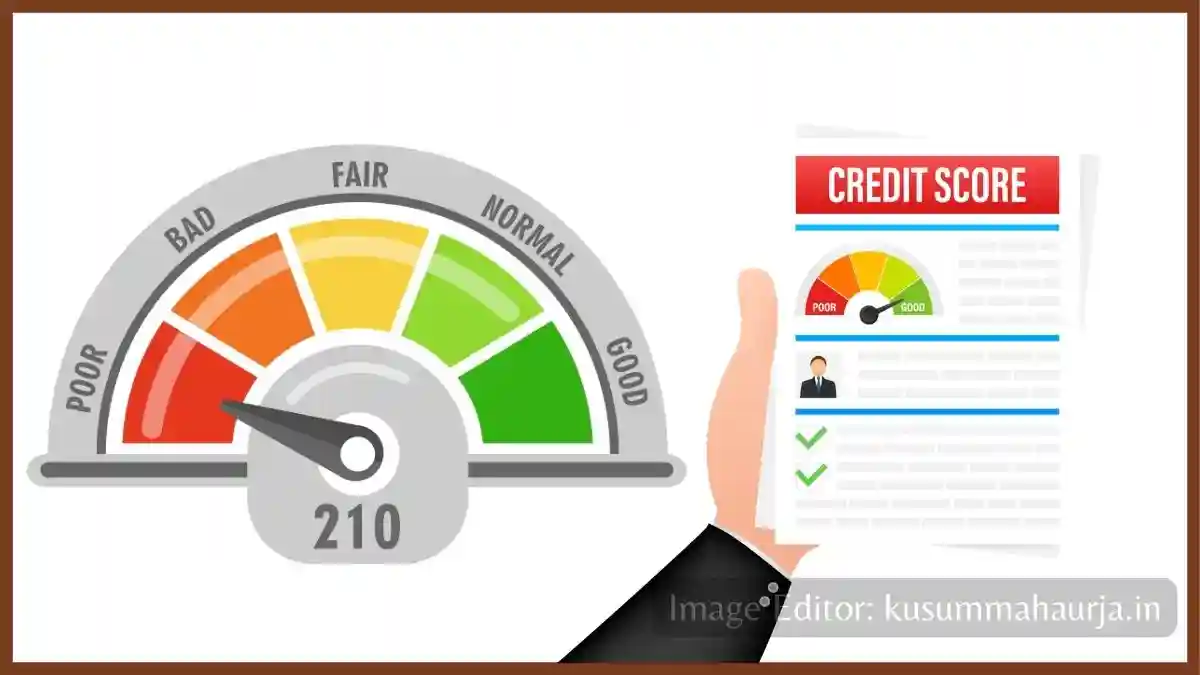Which of the following are more likely to happen if you have bad credit? check all that apply.
- Being denied a mortgage ✅
- Being denied an unsecured credit card ✅
- Having to pay higher interest rates on loans ✅
- Getting a great interest rate on a car loan ❌
- Having a strategy for dealing with a financial emergency ❌
Having bad credit can have a significant impact on your financial life. It can affect your ability to secure loans, credit cards, and even impact the interest rates you are offered. In this article, we will explore some of the common consequences of having bad credit and what you can expect if you find yourself in this situation.
1. Being Denied a Mortgage
If you have bad credit, one of the consequences you may face is being denied a mortgage. Lenders typically consider creditworthiness when evaluating mortgage applications. With bad credit, you may be seen as a higher risk borrower, making it difficult to obtain a mortgage or resulting in less favorable terms.
2. Being Denied an Unsecured Credit Card
Unsecured credit cards are typically offered to individuals with good credit scores. If you have bad credit, you may find it challenging to obtain an unsecured credit card. Lenders may view you as a higher risk borrower and may require a secured credit card or ask for a higher deposit.
3. Paying Higher Interest Rates on Loans
Having bad credit can lead to higher interest rates on loans. Lenders consider credit scores as an indication of risk. If you have bad credit, lenders may charge you higher interest rates to compensate for the increased risk they perceive in lending to you.
4. Getting a Great Interest Rate on a Car Loan
Contrary to popular belief, having bad credit may make it difficult to secure a great interest rate on a car loan. Lenders may consider you a higher risk borrower and offer less favorable interest rates. It is important to improve your credit score to increase your chances of getting a better interest rate on a car loan.
5. Having a Strategy for Dealing with a Financial Emergency
When you have bad credit, it becomes even more crucial to have a strategy for dealing with a financial emergency. With limited access to credit and higher interest rates, having a plan in place can help you navigate unexpected expenses without further damaging your credit.
It is important to note that while these consequences are more likely to happen if you have bad credit, they are not set in stone. By taking steps to improve your credit score and demonstrate responsible financial behavior, you can mitigate some of these challenges and work towards a healthier financial future.
In conclusion, having bad credit can lead to various challenges, such as being denied a mortgage or unsecured credit card, paying higher interest rates on loans, and facing difficulties in obtaining favorable car loan rates. It is essential to develop a strategy for dealing with financial emergencies and work towards improving your credit score. By doing so, you can increase your chances of accessing better financial opportunities in the future.
